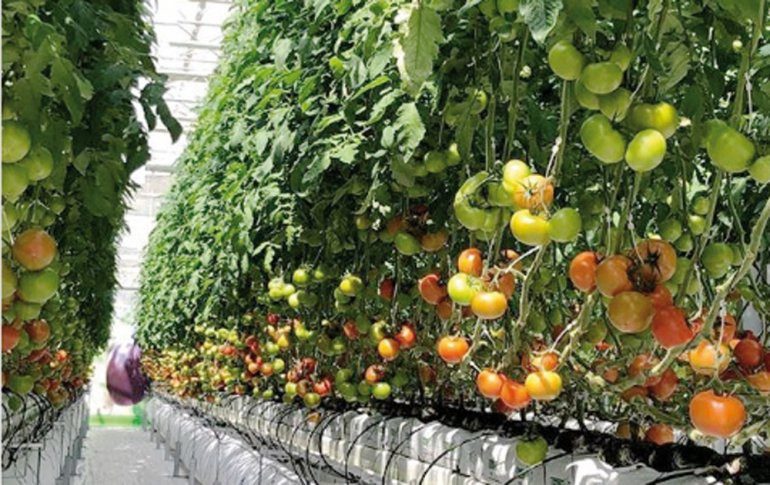A prominent Qatari university has teamed up with a Norwegian firm to develop research into food security.
An agreement to conduct research into food security has been signed between a prominent Qatari university and a Norwegian firm, reports confirmed on Tuesday, as the Gulf state continues to navigate after a three-year blockade.
The agreement brings together the Hamad Bin Khalifa University’s (HBKU) College of Science and Engineering (CSE) and Norwegian-based firm, Yara International ASA, in a bid to develop research projects to promote academic and industrial relations, contribute to the development of human capital, foster innovation and facilitate the expansion and use of state-of-the-art technology and design of food production systems in Qatar and around the world.
“We are delighted to link-up with Yara for this important project. This collaboration is an excellent example of industry-academia collaboration which will foster the exchange of knowledge and expertise, and contribute towards enhancing sustainable food production and food security in arid climates around the globe, such as Qatar,” Dr. Tareq Al-Ansari, CSE’s Assistant Professor said in a statement.
The research projects mainly focus on food security, sustainable food production, energy efficiency, water management and the application of artificial intelligence within Controlled Agricultural Environments (CEA).
Read also: The benefit of the Qatar blockade
CEA is the production of plants in protected ecosystems where growing conditions are maintained throughout their life cycles, allowing the control of various variables such as temperature, humidity, lights, insects and diseases, while providing higher yields and improved quality of produce. Additionally, it reduces usage of land, water, fertilisers and agrochemicals.
Since Qatar’s climate conditions limit the availability of agricultural land and fresh water, CAE’s technology ensures sustainable food supply, which meets the demand for fresh vegetables.
Moreover, the agreement will include research in areas such as artificial intelligence, digital technology, the utilisation of carbon dioxide to enhance agricultural productivity and the use of advanced methods to optimise energy and water consumption within greenhouses.
“Feeding the world embodies knowledge and requires innovative ideas to overcome the many challenges that come along with it. In Yara, we believe knowledge grows and has the power to create positive change,” says Ivan de Witte, head of Yara Middle East at Yara.
“The challenges of the world cannot be solved by one company alone. Our collaboration with HBKU is an important step in developing our collective knowledge, ideas and expertise to deal with the challenges of sustainable food production locally and around the world”.
Founded in 1905 to solve the emerging famine in Europe, Yara has established a unique position as the industry’s only global crop nutrition company, leading operations in over 60 countries.
“Everyone at the College is looking forward with great enthusiasm to the collaboration and the vital work that lies ahead,” says Al-Ansari.
Since the illegal 2017 air, land and sea blockade imposed on the country by Saudi Arabia, the United Arab Emirates, Bahrain and Egypt, Qatar has shifted its reliance on imported goods to local production. To sidestep the blockade, Qatar — which previously imported 80 percent of its food — opened its first dairy and meat farm and massively expanded trade relations with Turkey and Iran.







